Keynotes
Keynote on Coaching
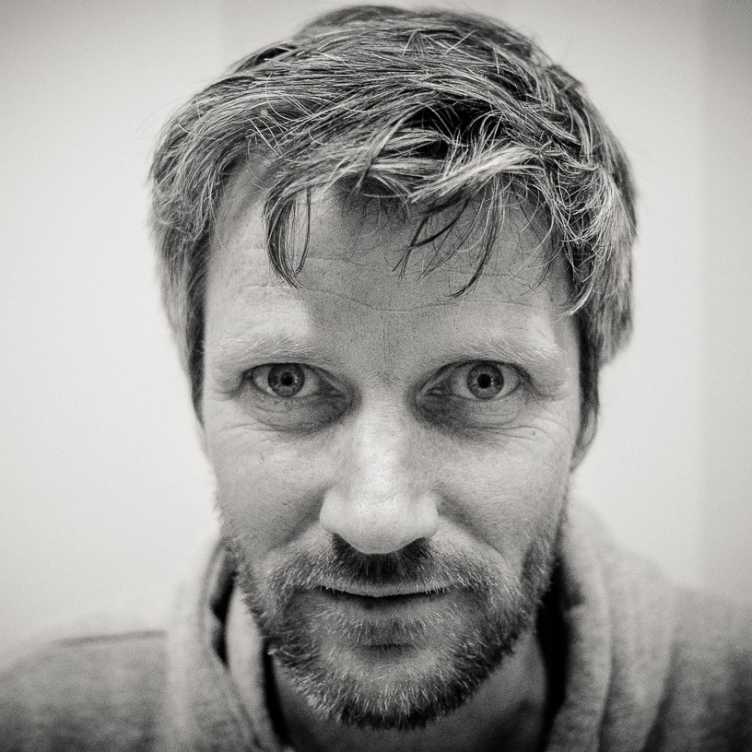
external page Urs Stöcker
Department of competition sports, Swiss Alpine-Club SAC, Bern, Switzerland
Short bio
Urs Stöcker is currently member of the executive board and the head of competition sports in the Swiss Alpine-Club. Therein he supervises both new Olympic sports climbing and ski mountaineering as well as ice climbing and expedition climbing. Besides that, he is member of the board of IFSC Europe. He started professional coaching 2003 in Switzerland where he was national coach since 2008. In his own climbing career he could climb some first ascents at high and difficult peaks in the Himalayas and studied physics at the ETH Zurich, where he also completed his doctorate in theoretical muscle mechanics at the Institute of biomechanics. Therein he studied the dynamics of half-sarcomeres in skeletal muscle. For the Olympic preparation he initiated different scientific projects in climbing and is continuously active in bridging science and training in climbing and ski mountaineering.
Keynote on Medicine
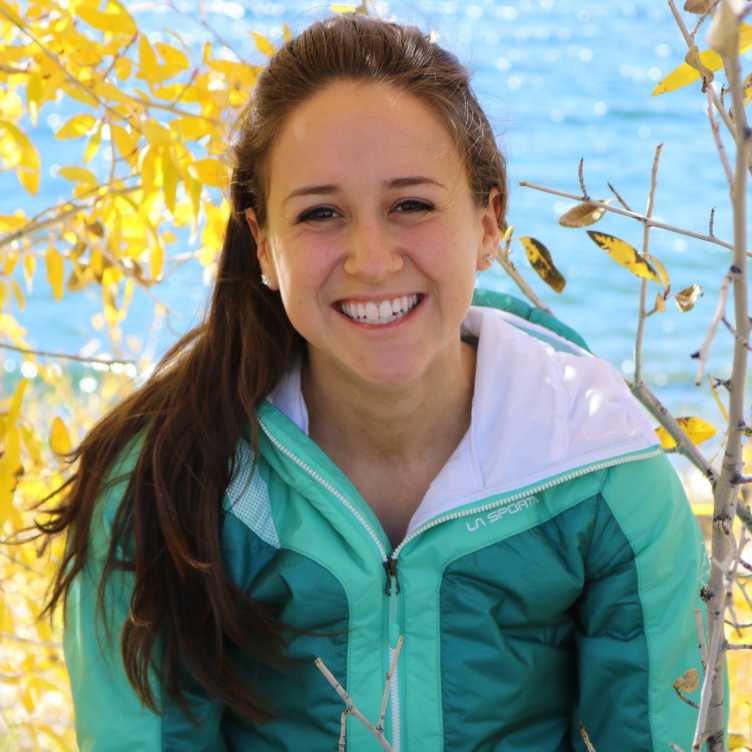
Rachel Meyers
Children's Hospital Colorado, Sports Medicine Center, Broomfield, CO, USA
Short bio
Download Rachel Meyers (PDF, 507 KB), PT, DPT completed an orthopedic residency at Cincinnati Children’s Hospital Medical Center in 2022 specializing in the care of pediatric and adolescent athletes. She completed her Doctor of Physical Therapy degree at Duke University in 2021 and earned her Bachelor’s degree from the University of Colorado Boulder in 2018. Rachel has presented both nationally and internationally and has numerous peer-reviewed publications particularly on physeal injuries and safe training practices in youth climbers. Rachel also helped lead and develop the first return to climb protocol for youth climbers with an international and interdisciplinary team. As a former competitive and sponsored rock climber, Rachel has a special interest in the treatment and safety for youth adventure and endurance sport athletes.
Keynote on Motor Learning (shared by an academic and by a coach)
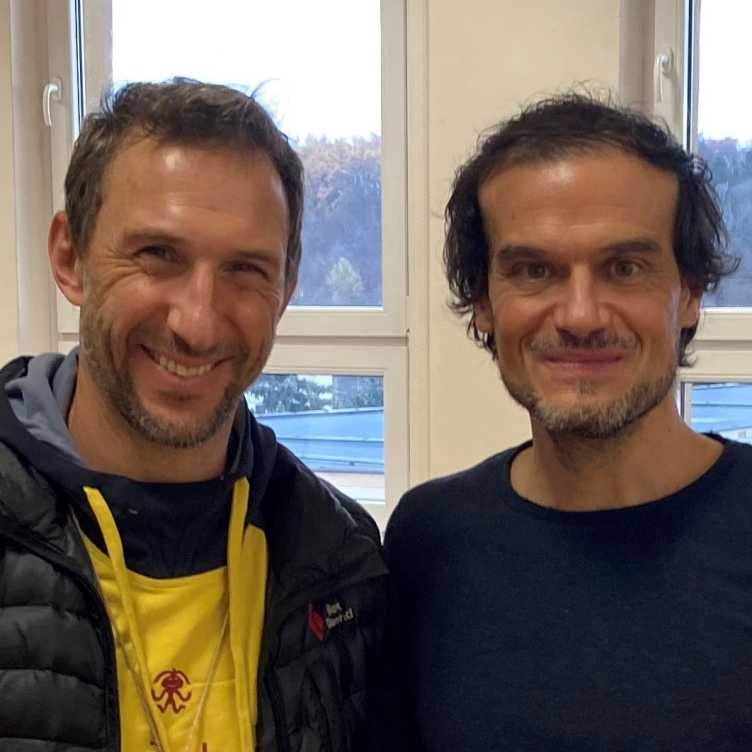
external page Ludovic Seifert
Centre d'Etude des Transformations des Activités Physiques et Sportives, Faculty of Sport Sciences, University of Rouen Normandy, France
external page Patrick Matros
Bavarian State Institute for Sports Teachers Education, Bayreuth, Germany
Short bios
Ludovic Seifert gained a PhD about expertise and coordination dynamics in swimming in 2003; he is full professor at University of Rouen Normandy since 2016; he is also Senior member of the University Institute of France in Paris since 2021. Finally, he is Mountain Guide certified by the International Federation of Mountain Guides Associations (and guided one of the organisers up external page Piz Palü during the 2nd IRCRA conference). His research focuses on the analysis of acquisition in complex skills, notably the dynamics of motor learning following an ecological dynamics approach. He is particularly interested in analysing the emergence, stability, and variability of perceptual-motor coordination in sports situations under the effects of constraints with applied research on performance optimisation as well as motor learning and pedagogy.
Patrick Matros is a senior lecturer for sport and educational science as well as different sport disciplines in Bavaria, Germany. He has master degrees in sport and educational science. Patrick is author of training and climbing books, some of which became bestsellers. He has trained athletes of the German national team at the Federal Center of Sportclimbing in Nuremberg for several years and coaches members of the adidas terrex climbing team. Well known for coaching topclimber Alexander Megos over more than 10 years, he also worked with a high number of other international top-athletes as well as national teams of several countries. Patrick is part of the top level trainer education of the German Alpine Association. With his brand “Kraftfactory” he offers worldwide personbal coachings and workshops for trainers as well as consutling for development of training devices. Patrick has 20 years of climbing under his fingertips with about 200 ascents of routes between 8a and 8c. In 2011 he was able to claim the first ascent of the hardest trad climb of his home area, the Frankenjura.
Keynote on Paraclimbing
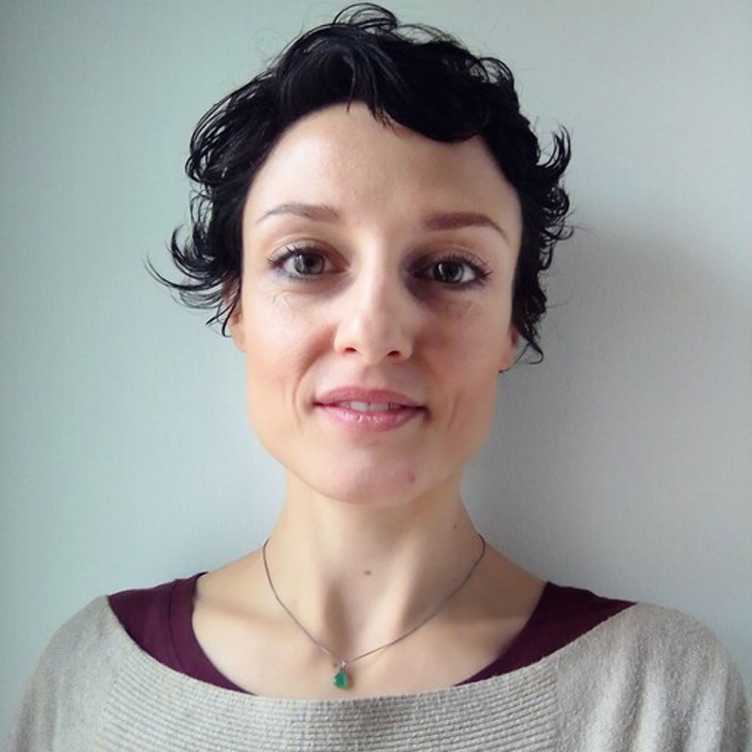
external page Monica Simone
University of Bologna
Short bio
Monica Simone is a postdoctoral fellow in psychology at the University of Bologna, where she obtained her PhD in Cognitive Science in 2021. She conducted her doctoral thesis and published scientific articles in international journals on the interaction and cooperation between athletes with visual impairments and their sight guide in paraclimbing. Her research integrates the 4E (Embodied, Embedded, Enacted and Extended) models of cognition, the social model of disability and qualitative research methodologies, particularly ethnography and multimodal interaction analysis. Currently, she is also investigating pain communication in the interaction between doctors and patients with limb amputations.
Keynote on Physiology
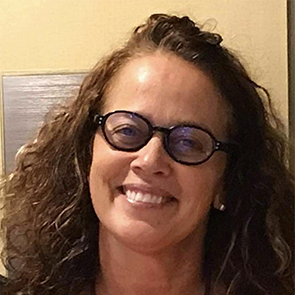
external page Shannon R. Siegel
Department of Kinesiology, University of San Francisco, USA
Short bio
Shannon Siegel is a Fellow of the American College of Sports Medicine (ACSM), and a chair for ACSM’s Youth Sport and Exercise Science Special Interest Group. Shannon is also the current President of the North American Society for Pediatric Exercise Medicine. Shannon’s research interests are in the area of cross-cultural components of physical activity in youth. Over the years she has focused on activities that decrease health disparities in youth and encourage youth to become and remain active, primarily via the use of rock climbing. She has examined the energy expenditure, anthropometry, and fitness changes in relatively inexperienced young rock climbers. More recently, Shannon expanded her work on youth rock climbing to examine injury risk, early specialization, burn-out, and sleep issues in competitive climbers. In sum, Shannon has contributed to a body of research that provides evidence that rock climbing can help overweight children and promote health-related fitness. It appears that even at the recreational level, adherence to rock climbing is higher than in many other activities.
Keynote on Psychology
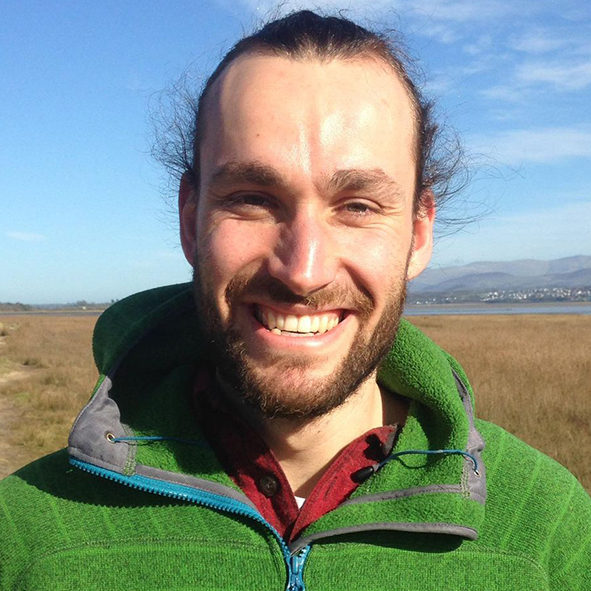
external page Marley Willegers
Department of Human and Behavioural Sciences, Bangor University, Wales.
Short bio
Marley Willegers is a Fellow of the Institute for Psychology of Elite Performance. Marley completed his Ph.D. in 2022, with his doctoral thesis on Motives for Engaging in High-Risk Climbing Activities. He explored the agentic emotion regulation benefits of engaging in high-risk climbing activities, such as mountaineering and traditional climbing, and the regulatory roles our sporting activities play in buffering against social insecurity. According to Marley, risk is essential for human development and the high-risk sporting domain provides ample opportunity to improve our emotional control. Moving forward, he is particularly interested in the social attachment and emotion regulation benefits climbing activities may support in parent-child relationships. He is also a passionate high-risk sporting enthusiast, regularly participating in paragliding, climbing, downhill mountain biking, and motocross.
Keynote on Training
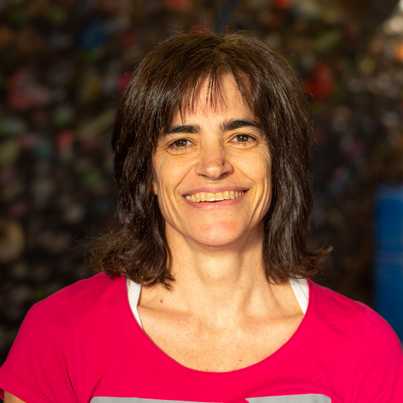
external page Eva Lopez-Rivera
Department of Physical Education, University of Castilla la Mancha, Toledo, Spain
Short bio
Eva López-Rivera is not only a passionate sport climber from Spain, who has climbed up to 8c+, but also a world-renowned climbing coach and researcher. Eva holds a PhD, with her doctoral thesis on Hangboard Training Methodology. Bridging the gap between research and practice, and thus providing evidence-informed education herself, she has influenced many climbers and coaches all over the world with her solid and scientific approach to training for climbing. For instance, the nowadays popular Max Hangs, as well as the weighted and minimum edge hangs have been adopted worldwide after being featured in her scientific papers and presentations at the IRCRA congresses since its first meeting in 2011.